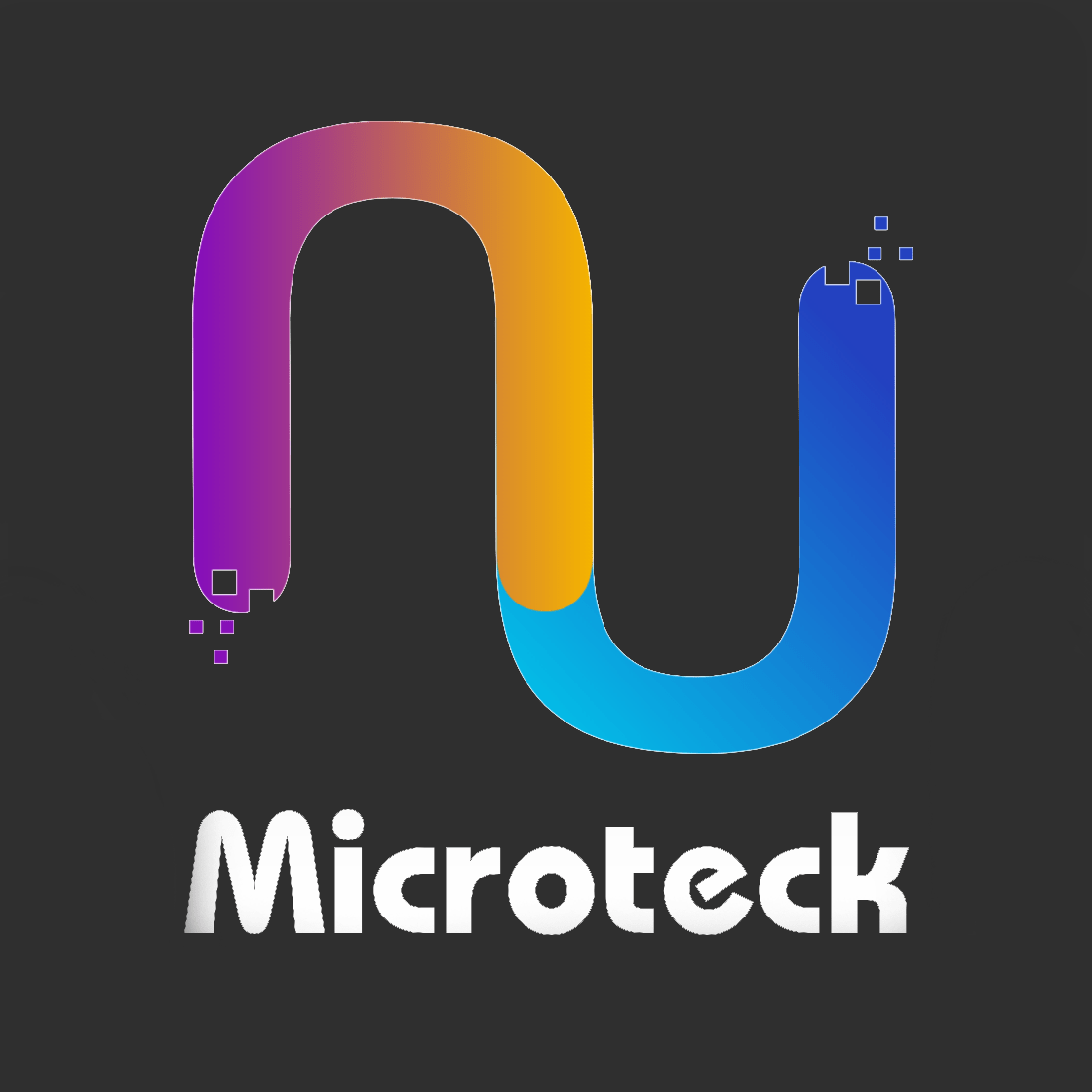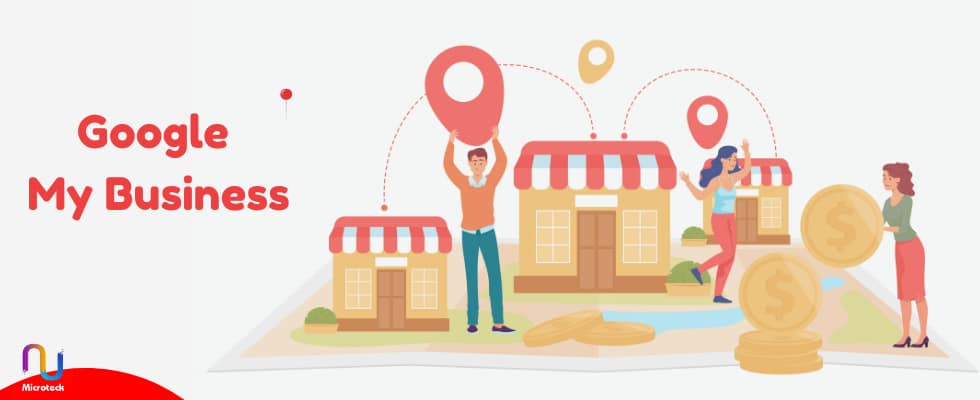What is Google My Business and Why is it Important for Businesses?
Did you know that having a Google My Business Listing, also known as a Business Profile, can help your business get noticed more on Google? However, just having a profile isn’t enough. You need to manage it properly to make the most out of it for things like improving your search engine ranking, getting more customers, and more. So, how do you manage your Google Business Profile? The answer is by creating a separate Google My Business account and a free business profile. Having a Google My Business account is important because it allows you to claim ownership of your Business Profile, control how it appears online, and get access to additional tools to promote your business on Google. In this blog post, we’ll explain everything you need to know about Google My Business, including: Keep reading to learn how to add this powerful free tool to your marketing strategy! Google My Business is the main tool for controlling and improving your Google Business Profile. It’s very important because it helps people find your business easily. So, to understand what Google My Business does, let’s first talk about your business profile. Your business profile is like your business’s page on Google. It shows up when people search for your business or look at Google Maps. Making a business profile is a bit like adding your business’s location to Google Maps. Anyone can do it, even if they don’t work for your business. Google just needs to confirm that your business isn’t already listed in that location. Once your business profile is set up, customers can leave reviews, ask questions, and add photos. Sometimes, Google might also fill in some details from other websites. But here’s the thing, your business profile can exist without a Google My Business account. However, if you want control over what’s shown on your profile and how it looks, you need Google My Business. Google My Business isn’t just a simple business profile. It’s a tool that can help make your business profile better, reaching more people and working more effectively. Let’s explore four ways you can use Google My Business to boost your local marketing efforts: Engaging with Customers: You can use your Google My Business Account to interact with customers in various ways. You can answer their questions, reply to reviews, chat directly with them, and even post updates just like you would on Facebook. Highlighting Your Business: While your Business Profile might have limited information, Google My Business lets you add more details to make your business stand out. You can provide a website link, business hours, pricing, products, and other unique features. Plus, you can easily update and edit this information whenever needed. Accessing Insights: With Google My Business, you can access valuable insights about how people are finding and interacting with your business. You can see what keywords they’re using, where they’re finding you (like Google Search or Maps), and how your listing compares to competitors. You can also track clicks using UTM parameters and Google Analytics. Implementing Local SEO: Google uses an algorithm to rank Business Profiles, similar to how it ranks ads and web pages. By optimizing your profile with relevant keywords and other tweaks through Google My Business, you can improve your chances of appearing in local search results. Google dynamically adjusts Business Profiles based on search terms and user preferences, emphasizing different parts of your profile accordingly. To make the most of this: Provide Accurate Information: Fill out every field on your Google My Business dashboard accurately, including contact details, business hours, and specializations. Optimize Keywords: Include relevant keywords naturally in your profile description, posts, responses to reviews, and other sections. Build Trust: Keep your information updated, respond to reviews promptly, and stay active by posting updates and photos regularly. SEO is crucial for all businesses, especially smaller ones competing with larger companies in local markets. With Google’s powerful Business Profiles, having a Google My Business account is essential for maximizing visibility locally. To sign up for Google My Business, visit google.com/business and click on “Manage now.” Follow the prompts to create your Google My Business account. It’s important to note that while having a Google My Business Account allows you to manage one, it doesn’t automatically create a Business Profile for you. You’ll need to ensure that you have access to an existing Business Profile. Once you’ve created and logged into your Google My Business account, locate your business profile on Google Maps. You can do this by searching for your business name. Once you’ve found it, click on either “Claim this business” or “Own this business?” directly on the page. By completing this process, you’ll be able to manage your Google My Business account and connect it to your business profile. In conclusion, understanding how Google My Business works and utilizing it effectively is essential for local marketing success. Setting up your account promptly ensures that your Business Profile can stand out and attract more customers on the world’s most popular search engine.
What is Google my Business?
How to Use Google My Business for Local Marketing?
How to Use Google My Business for SEO?
How to Register into Google My Business?
Conclusion:



